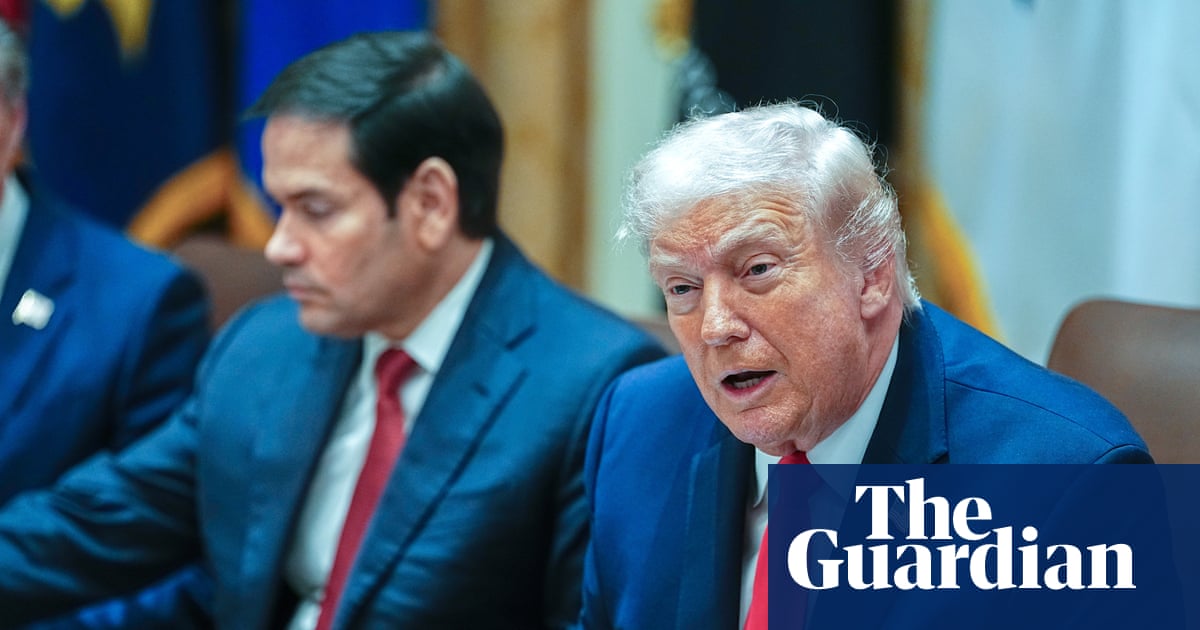Protecting our digital sovereignty is crucial. The challenge is why European decision makers are meeting in Berlin on Tuesday at the behest of the German chancellor, Friedrich Merz, and the French president, Emmanuel Macron. As individuals, we spend four to five hours a day accessing the internet via our smartphones and other devices, from social networks to online shopping to AI assistants. It is essential, therefore, that we have control over how the digital space is organised, structured and regulated.
Europe has already set to work. Between 2022 and 2024, EU digital laws were adopted by an overwhelming majority of MEPs and unanimously by all member states. The Digital Services Act, the Digital Markets Act, the Data Act and the AI Act form the common foundation protecting our children, citizens, businesses and democracies from all kinds of abuses in the information space. These four major laws mirror our core values and the principles of the rule of law. They make up the most advanced digital legal framework in the world. Europe can be proud of it.
The EU’s vast digital market is open to all. But those who want to benefit from it must abide by our conditions. We should have no fear of displeasing anyone: if you have no respect for the rules, then you have no access to the market. This is how our biggest trading partners operate. Do the US or China ever refrain from enforcing their own laws simply to please us? We should immediately apply our laws. This must be the first expression of European digital sovereignty.
The US, China, Russia and Europe – the new state-controlled digital empires – each advance their own vision of the information space, shaped by their values, priorities and their relationship to the market and the state. The US model is built on the primacy of private actors and minimal oversight – an ultra-liberal system in which a few major companies (Google, Apple, Meta, Amazon and Microsoft) dominate cyberspace and seek to impose their standards, their worldview and the dependence that follows.
China has chosen the opposite path. It relies on control and closure, mass surveillance and the defence of local norms. It is based on an autonomous digital infrastructure – cloud, 5G, AI – backed by national champions such as Huawei, ByteDance and Alibaba. The state steers everything: it monitors content and uses data as a political, geopolitical and commercial lever.
Russia goes further still. It treats the information space and cyberspace as extensions of its territory. Moscow claims information sovereignty, calls for a “multipolar” internet governance model and imposes strict content control in the name of security and national cohesion. Russia’s information warfare campaigns are, as we know, its preferred tools for shaping opinion, destabilising democracies and advancing its geopolitical aims.
Faced with unrestrained liberalism on one side and authoritarian dirigisme on the other, the EU has gone its own way. It has chosen to rely on the strength of its internal market, which comprises 450 million citizens. That choice demands political courage: the courage to deploy that power, unfailingly, in every negotiation. Europe’s legal arsenal for the information space is designed to ensure cohesion, protect users, guarantee transparency and safeguard the foundations of our democracies. So can anyone be surprised that some now work so hard to weaken it; to methodically cut through the four pillars of our digital space?
We can’t let ourselves be intimidated. We should resist any attempt to unravel these laws, through “omnibus” bills or otherwise, mere months after they have entered into force, under the pretext of simplification or remedying an alleged “anti-innovation” bias. No one is fooled over the transatlantic origin of these attempts. So let’s not be useful idiots. The second expression of our digital sovereignty must involve protecting, at all costs, the integrity of our digital legal pillars, including at the geopolitical level.
Sovereignty is not bought, it is built. With no globally dominant digital companies of its own, Europe will assert credible and lasting sovereignty only by combining ambitious regulation, massive investment, sovereign innovation, coordinated action and the development of its talent.
It must invest in research and critical infrastructure: sovereign cloud services, networks and satellites, semiconductors. It must support the European ecosystem across the entire value chain: AI and algorithms, cybersecurity, quantum technologies and datacentres. It must train and attract far more top-tier digital experts. And it must foster the emergence of industry champions capable of competing with big tech, through funding for startups, consolidating innovative SMEs and building native European platforms.
after newsletter promotion
To achieve this, a genuine single capital market is essential, giving Europe financial firepower comparable to that of the US. Only then will our projects move beyond prototypes or showpieces and become global standards.
Digital autonomy also requires freeing ourselves from jurisdictions outside Europe governing our data – such as the US with its Patriot Act and Cloud Act – and localising and certifying our critical infrastructure while expanding the role of open-source solutions. This is the third expression of our digital sovereignty: resisting external pressure and asserting the strength and impermeability of our sovereign infrastructure.
-
Thierry Breton was the European commissioner for the internal market and digital affairs until September 2024 and is a former minister for the economy and finance in France

 2 months ago
45
2 months ago
45

















































